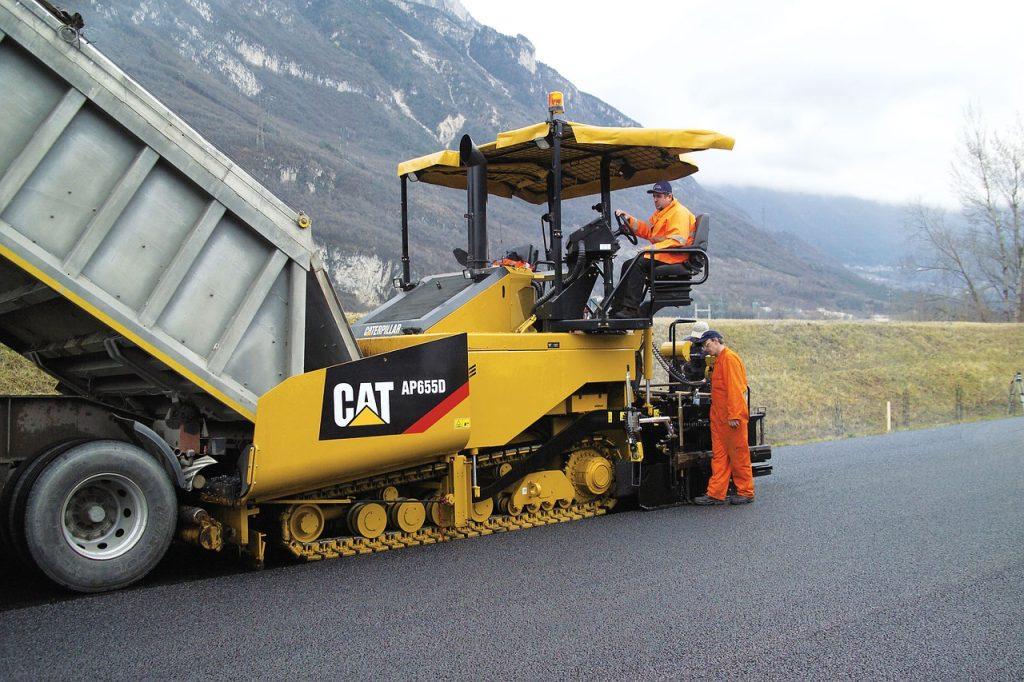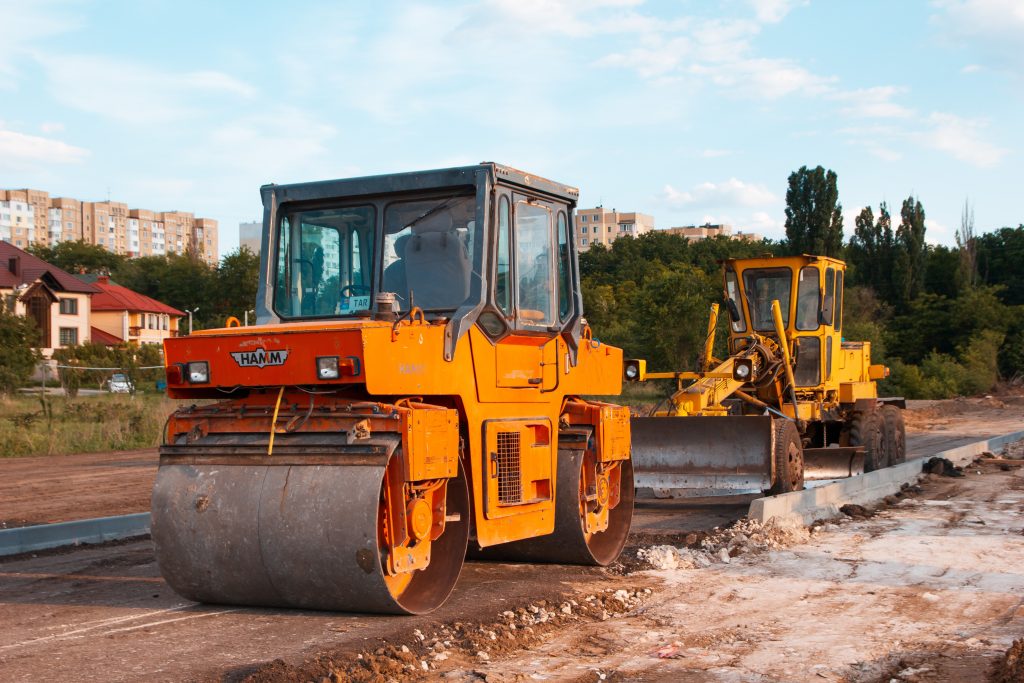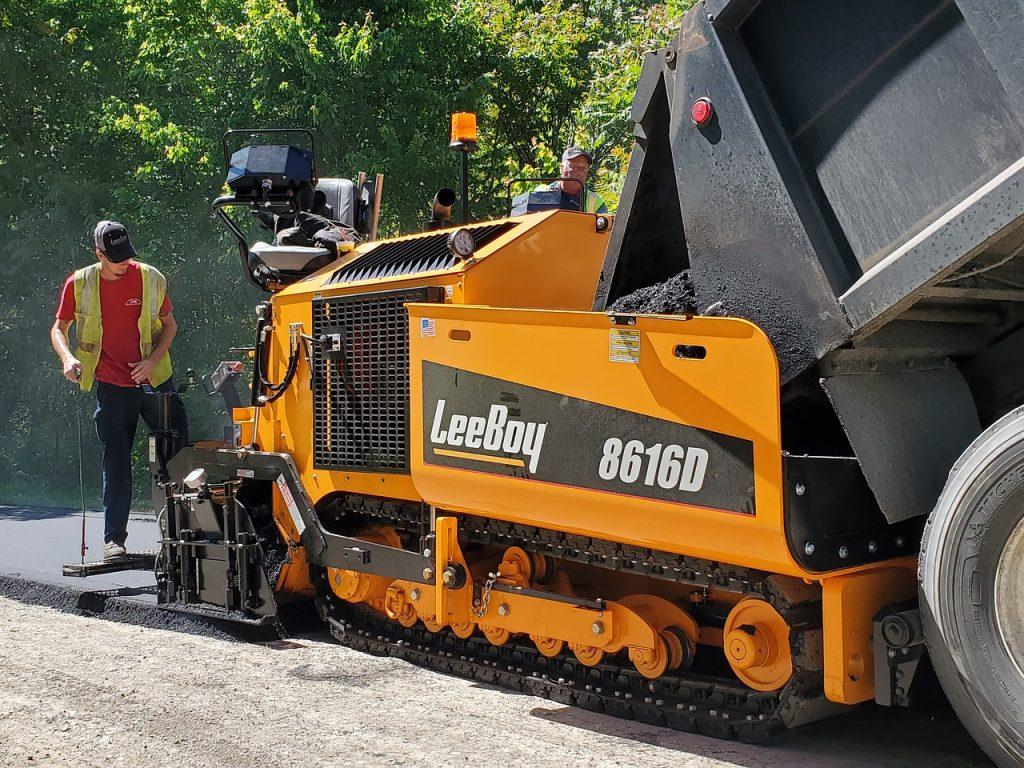Blog Details
- Home
- Product Insights
- Blog Details
Paver Tires are an important piece of paver equipment, as they help to keep the pavers in place while they are being laid down. There are many things to consider when purchasing the right tires for the finishing touches on your project. It is important to consider the width, height, and depth of each paver tire. The paver tire is able to help improve the finisher’s productivity and also the quality of your paver finishes. It is important to consider how much weight the pavers will hold and finally how slick the pavers can possibly be.
As you may already be aware, there are several different types of Paver Tires available in the market. In fact, there are several similarities between the types, but there are also interesting differences too. In cases where you are choosing new tires for purchase, it is important that you choose those that have the features that are going to work best for you.
Types Of Pavers Tires:
When approaching any job, all professional pavers have a few decisions to make. One of those decisions is between the various types of Paver Tires. There are a variety of different models, but everything ultimately comes down to the two main categories: wheeled or tracked tires. Both can be used for most jobs and come in thousands of different variations.

Wheeled Pavers:
Cement pavers work in a wide range of environments and they handle all types of pavements much better than Paver Tires do. The tracks reinforce the weight of the cement, but they also provide stability so that it’s not too hard to push along. This is very valuable for jobs in commercial areas where there are many different hilly surfaces being paved.
There are typically higher maintenance costs as well, but if you manage your tracked paver correctly there shouldn’t be anything to worry about on account of these issues. Tracked pavers move about at about 10 mph, which may seem slow to some people who have gotten used to using wheeled ones.
Tracked Pavers:
Cement pavers work in a wide range of environments and they handle all types of pavements much better than Paver Tires do. The tracks reinforce the weight of the cement, but they also provide stability so that it’s not too hard to push along. This is very valuable for jobs in commercial areas where there are many different hilly surfaces being paved.
There are typically higher maintenance costs as well, but if you manage your tracked paver correctly there shouldn’t be anything to worry about on account of these issues. Tracked pavers move about at about 10 mph, which may seem slow to some people who have gotten used to using wheeled ones.
Benefits Of Paver Tires:
One of the biggest advantages of installing a rubber pavers patio is that the material has a resistance to cracking. Stone pavers, on the other hand, are a little more susceptible to damage and therefore are more prone to cracks. If your project will be installed in an area with high traffic you may want to consider installing a rubber patio so that it is able to stand up to heavy use over time. Given that weather conditions also play a role in stone and pavers degradation, replacing them regularly could potentially become expensive if this is not factored into the original cost of the installation.

Paver Tires are created from recycled material, so they’re incredibly eco-friendly patio options. Reclaimed (or used) tires are what make these Paver Tires so unique.
The recycled rubber Paver Tires are a good choice for one’s business premises because they not only come with all the benefits of using an eco-friendly surface, they also add beauty to any entrance or walkway in homes, as well but they will maintain their attractiveness despite heavy foot traffic over years.
Factors To Consider While Choosing Pavers:

For a soft surface, tracked pavers are usually the better choice because they offer better traction and flotation. The best aspect of these machines is that they often have better stability and provide maneuverability that can’t be beaten by a wheeled paver on softer grounds.
It is best to use Paver Tires if you need to undertake landscape or paving work on rough surfaces such as muddy fields because these machines will negotiate through them with ease and do not get stuck in between making it even easier for you to complete your tasks without too much stress or mess!
Wheeled products are designed for new construction or overlay applications. Wheeled pavers are built more for use on existing surfaces such as the mill and fill applications and overlays where traction isn’t as much of an issue.
Even though mobile track pavers have increased their roading speeds, wheeled pavers are still designed to move much faster than their tracked counterparts making them ideal for traveling a larger distance around the Jobsite.
Conclusion:
Installing pavers is a job full of opportunity but at the same time, it presents challenges. Sometimes your Paver Tires (or accessories) will help you overcome those challenges and give you great finishing. In order to get started on this project, one needs to utilize equipment that they can rely on and know they are getting a superior performance. It’s important to use tools that can be trusted and which help achieve the desired results when the situation calls for it.

